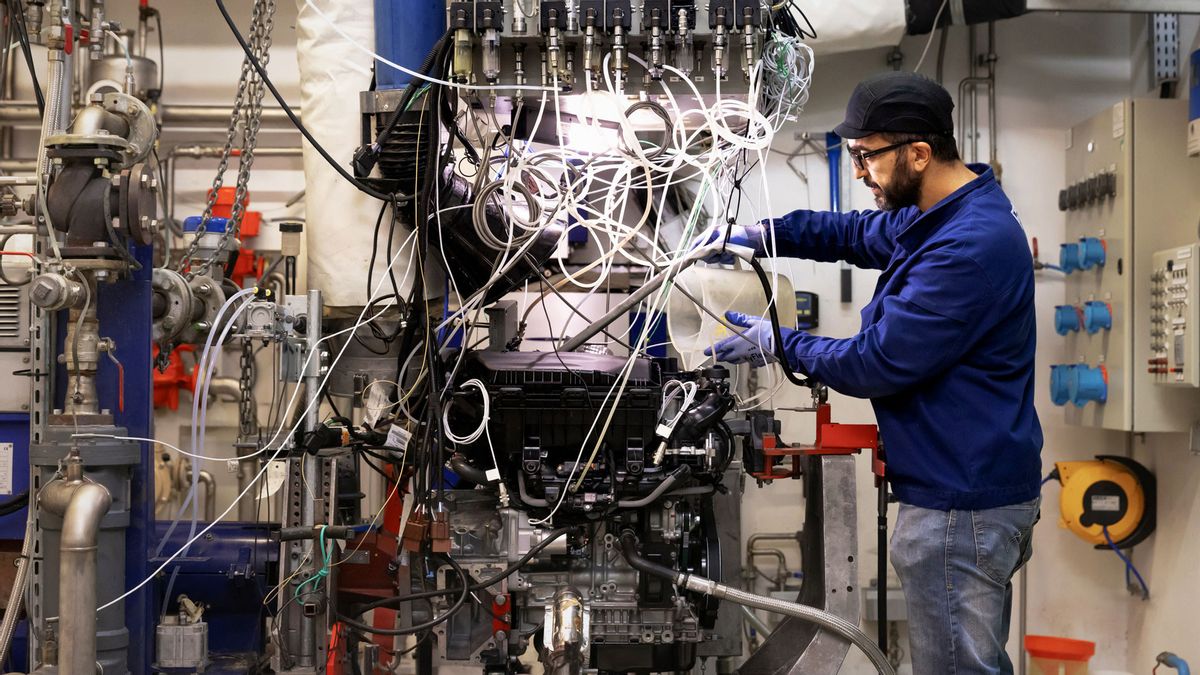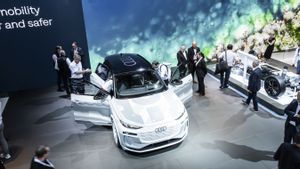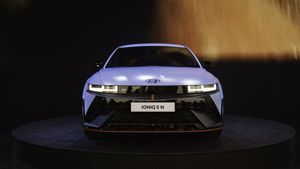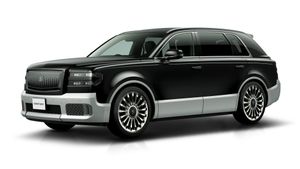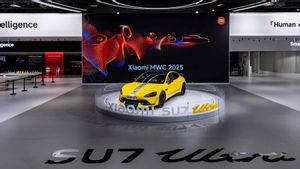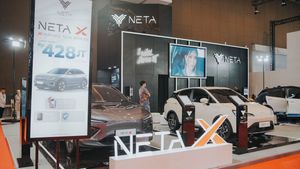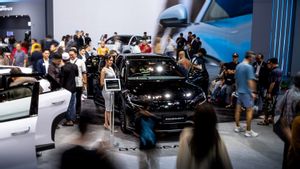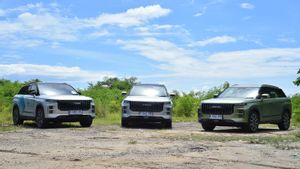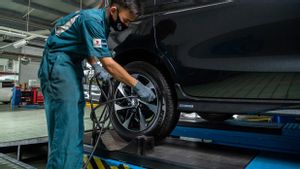JAKARTA - A large number of automotive manufacturers in March received great relief after learning that combustion engine (ICE) cars were allowed to be sold in the European Union until 2035. However, with the requirement, they must use e-fuels or synthetics.
Stellantis, the parent company of a number of manufacturers welcomes this news well. This multinational company has just successfully tested 24 types of ICE machines on European vehicles starting from 2014 with synthetic fuels. Stellantis said the machines fit using e-fuels without the need for modification.
The test is part of the company's program that tested 28 machines from different production outputs to match with the e-fuels that were carried out last April.
Reporting from Reuters, Tuesday, September 5, Stellantis representatives said that four more machines were waiting for validation whether it matched the e-fuels or not.
The companies that oversee brands such as Alfa Romeo, Citroen, Opel, Jeep, Peugeot, and Maserati said that the 24 types of machines that passed the test represented about 28 million vehicles already in Europe.
The test itself was carried out using e-fuels from Aramco, the largest oil company in Saudi Arabia. According to Stellantis claims, advanced e-fuels could have a major impact on reducing CO2 emissions on the existing Stellantis vehicle fleet.
Stellantis also estimates that the use of low-carbon fuel on 28 million vehicles could reduce European carbon emissions by up to 400 million metric tons during between 2025 and 2050.
SEE ALSO:
Thus, e-fuels have the potential to reduce emissions in combustion engines by at least 70 percent compared to traditional fuels.
Stellantis also has a target of reducing its carbon footprint from 2021 to 2030 by fully selling environmentally friendly cars.
The English, Chinese, Japanese, Arabic, and French versions are automatically generated by the AI. So there may still be inaccuracies in translating, please always see Indonesian as our main language. (system supported by DigitalSiber.id)
